Human rights seem like something we should all be able to agree on, and yet not a day goes by without news of some new abuse of human rights taking place somewhere in the world, from Gaza to China to our own shores and beyond. What can we do, in a world so beset by examples of “man’s inhumanity toward man”? These authors have answers, insights, and new ways of looking at age-old conflicts—tools that can help us all to imagine a better future by reckoning with our tragic past, and ways to help make that future a reality.
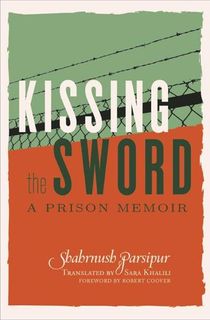
Kissing the Sword
A celebrated writer and television producer in her native Iran, Shahrnush Parsipur, the author of the acclaimed novella Women Without Men, found herself in a desperate situation following the Revolution of 1979. As the followers of Ayatollah Ruhollah Khomeini and others overthrew the last Shah of Iran and replaced Iran’s historical monarchy with a theocracy to form the present-day Islamic Republic of Iran, they began rounding up and detaining citizens who were critical of the new government, including Parsipur. This stirring memoir of the more than four years she spent in prison “stands as a powerful testament to not only the devastations of an era, but to the integrity and courage of an extraordinary woman” (Kirkus Reviews).
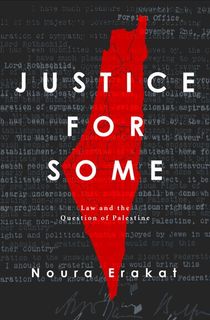
Justice for Some
Much ink has been spilled about the conflict between Israel and Palestine, especially in the wake of recent events in Gaza. However, few have taken such a hard look at the conflict through the specific lens of international law as Noura Erakat does in this “careful and captivating” (Jewish Currents) book, which examines how law has been deployed to bolster one side against the other across key historic junctures going back as far as the Balfour Declaration in 1917. The result? “A brilliant and bracing analysis of the Palestine question and settler colonialism,” according to Vasuki Nesiah, a founding member of Third World Approaches to International Law.
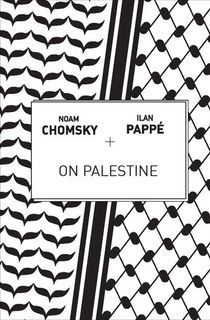
On Palestine
Noam Chomsky is one of the most celebrated political analysts of the modern era. Ilan Pappe is a historian specializing in the Middle East. Together, the two wrote Gaza in Crisis, which Publishers Weekly called a “sober and unflinching analysis” which “should be read and reckoned by anyone concerned with practicable change in the long-suffering region.” Now, in this follow-up, they confront the changes that have taken place in Gaza since the publication of that book, including the aftermath of Israel’s Operation Protective Edge in 2014, in a stirring work that is unfortunately more topical today than ever before.
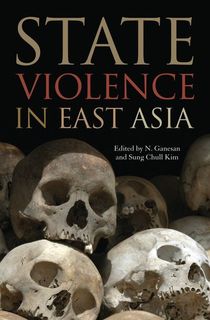
State Violence in East Asia
Since the end of World War II, countries throughout East Asia have engaged in dozens of atrocities in which state violence was harnessed against a nation’s own citizens, with victims numbering in the millions. While the “tank man” of Tiananmen Square was seen ‘round the world, many of these other massacres went unremarked and under-reported. Until now. This “significant contribution to scholarship on post-World War II Asia” (John E. Van Sant, author of Pacific Pioneers) offers readers “chapters on eight case studies concerning the uniformed military (sometimes out of uniform) turning its weapons on the home population” (Journal of Cold War Studies), from Tiananmen Square to the Khmer Rouge and from Indonesia’s anticommunist purge to Japan’s Okinawan killings in 1945.
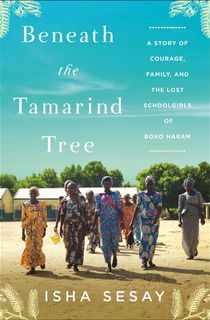
Beneath the Tamarind Tree
On the morning of April 14, 2014, members of the militant Islamic group Boko Haram abducted some 276 girls from their school in Nigeria. At the time, Isha Sesay was leading CNN’s Africa reporting, and was on the front lines as the story broke. Despite being one of the most high-profile events in modern history, the abduction has left many unanswered questions. In this, the first definitive account of the abduction and its aftermath, Sesay crafts what Hillary Clinton called an “indispensable and gripping account of the brutal abduction of Nigerian schoolgirls by Boko Haram terrorists” which “provides a stark reminder of the great unfinished business of the 21st century: equality for girls and women around the world.”
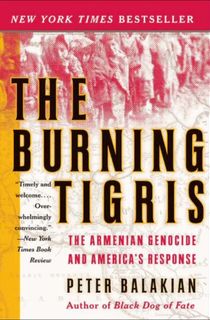
The Burning Tigris
Awarded the Raphael Lemkin Prize for the best scholarly book on genocide by the Institute for Genocide Studies at John Jay College of Criminal Justice/CUNY Graduate Center, this New York Times bestselling book is a “vivid and comprehensive account” (Los Angeles Times) of the Armenian Genocide, its place in history, and America’s response. The result is a book that explores one of the first modern genocides through firsthand accounts and rare archival elements, and “encourages America to tap into a forgotten well of knowledge about the genocide and to revive its powerful impulse toward humanitarianism” (New York Newsday).
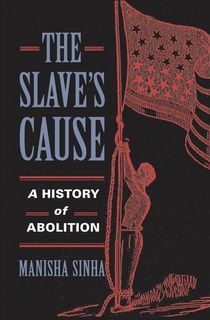
The Slave's Cause
“A full history of the men and women who truly made us free” (The New York Times Book Review), Manisha Sinha’s far-reaching book takes an in-depth look at the history of abolitionism in the United States, tracing the movement back to the 1600s, highlighting the importance of the Haitian Revolution, and showing how numerous intersectional interests helped to shape the abolition movement as it came to exist. The result is “a valuable addition to our understanding of the role of race and racism in America” (Florida Courier), and a reminder that human rights abuses and humanitarian causes are not concerns that only happen “someplace else.”
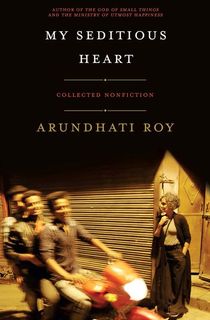
My Seditious Heart
“The scale of what Roy surveys is staggering,” writes the New York Times Book Review. “Her pointed indictment is devastating.” Arundhati Roy is the Booker Prize-winning author of such books as The God of Small Things and The Ministry of Utmost Happiness. In this collection of essays spanning two decades, she “combines her brilliant style as a novelist with her powerful commitment to social justice” (historian Howard Zinn) to produce a “lucid and probing” book which offers “sharp insights on a range of matters, from crony capitalism and environmental depredation to the perils of nationalism” (Time magazine).
This post is sponsored by Open Road Media. Thank you for supporting our partners, who make it possible for The Archive to continue publishing the history stories you love.
Featured image: Alexey Demidov / Unsplash
